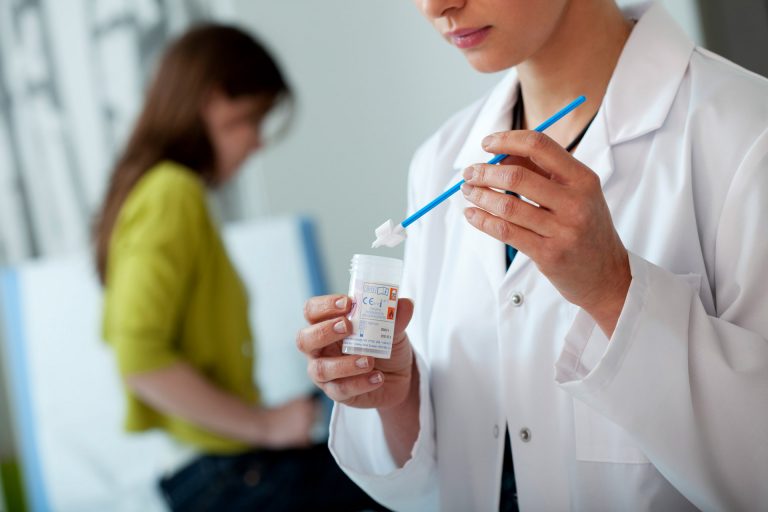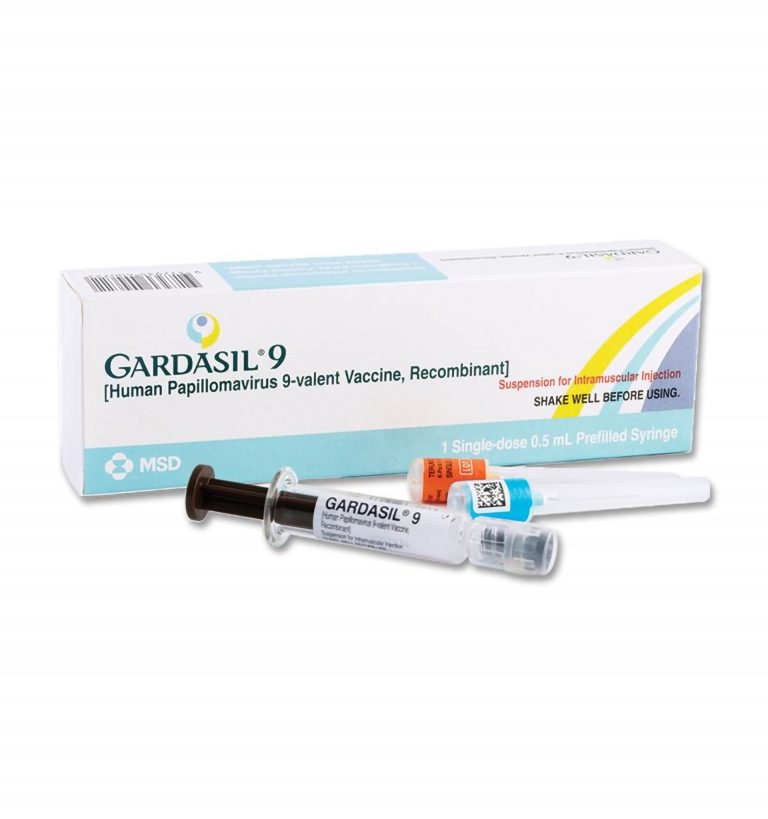HPV Testing is more accurate and effective in screening for cervical cancer in women.
Contents
- 1 HPV Testing
- 1.1 What Is HPV?
- 1.2 HPV Testing Singapore
- 1.3 HPV and Cervical Cancer
- 1.4 Risk Factors For HPV Infection and Cervical Cancer
- 1.5 How Is HPV Transmitted?
- 1.6 Signs and Symptoms of HPV Infection
- 1.7 How Is A HPV Test Performed?
- 1.8 Can HPV Be Treated?
- 1.9 Prevention Of HPV Infection
- 1.10 Considering a HPV Test?
What Is HPV?
The Human Papillomavirus (HPV) is a common virus that most sexually active men and women will be exposed to at some point in their lives.
There are over 100 strains of HPV. Some strains cause HPV related cancers, such as cervical cancer, vulva cancer, and oral cancers, while other strains cause STDs like genital warts. Some strains also cause benign warts that we see on our hands and feet.
The HPV strains of interest are mainly those that are responsible for causing cervical cancer.
Cervical cancer is most closely associated with high risk HPV strains 16 and 18.
HPV Testing Singapore
HPV testing is a recommended screening test for all women above 30 years old in Singapore. This is according to the recommendations by the Health Promotion Board and Singapore Cancer Society.
A HPV test will check for the presence of the cancer causing high risk HPV strains at the cervix.
This makes it a more effective and accurate test compared to a PAP smear, in detecting cervical cancer in women.
This is because sometimes, while the cells may appear normal, the presence of high risk HPV strains increases the risk of abnormal cell changes in the future.


HPV and Cervical Cancer
According to the Health Promotion Board, around 13 strains of HPV are associated with the risk of cervical cancer. The 2 strains with the highest risk and association are HPV 16 and 18.
As HPV is a common infection that most people will get exposed to, our bodies and immune system can usually clear it successfully.
However, high risk strains may cause a long lasting infection, which can eventually lead to abnormal cell changes and cancer.
Risk Factors For HPV Infection and Cervical Cancer
ALL women who have ever had sexual intercourse would have had some form of HPV exposure and are at risk of cervical cancer.
Your risk of cervical cancer is increased if you have:
- Early age of sexual debut
- Multiple sexual partners
- Have a weakened immune system
- Smoking
- Other sexually transmitted infections
- Have HPV infection or genital warts
Hence doing a regular PAP smear and HPV testing is important for women.
How Is HPV Transmitted?
HPV infection is very common in men and women. It can be transmitted through any form of intimate skin to skin contact like sexual activity (including oral sex).
HPV cannot be spread from surfaces such as a dirty toilet seat.
Signs and Symptoms of HPV Infection
Majority of HPV infections do not exhibit any symptoms.
Some HPV infections can cause genital warts, or warts around the oral cavity.
Infection with a high risk HPV strain is also completely asymptomatic, and can only be detected through a HPV test.
By the time you experience any obvious abnormal symptoms, it could be a sign that the infection has progressed to cancer, which could be too late.
Symptoms of cervical cancer include bleeding after sex, abnormal bleeding between periods or abnormal vaginal discharge.
How Is A HPV Test Performed?
A HPV test is performed in a similar manner as a PAP smear. To the patient, it feels exactly the same.
Like a PAP smear, a HPV Test usually takes less than 5 minutes to perform. The test itself is very safe and you should expect only very minimal discomfort.
Next, a small plastic device called a vaginal speculum will be inserted into the vagina to help the doctor obtain direct visualization of the cervix.
This part of the procedure may feel slightly uncomfortable.
The doctor will then obtain cells directly from the cervix using a special HPV brush
The cell sample is then sent to the laboratory for analysis. Results will be ready in 1 week.
However, having an experienced female doctor perform the examination for you will make a big difference in making the process more comfortable and painless.

Can HPV Be Treated?
For most HPV infections that are asymptomatic, no treatment is required as the virus usually resolves spontaneously and can be cleared by our own immune system.
HPV related infections such as genital warts can be treated with treatments like cryotherapy.
For high risk cancer causing strains of HPV, the treatment is targeted towards treating the problem such as precancerous cell changes.
It is important to perform regular screening for HPV so that any problems can be detected and treated in a timely manner.
Apart from treatment, prevention of HPV is also crucial in preventing long term consequences such as cancer.
Prevention Of HPV Infection
The good news is that prevention of high risk HPV is now easily preventable with the HPV vaccine.
The HPV vaccine provides significant protection against the high risk cancer causing and wart causing strains of HPV.
There are 3 different types of HPV vaccines – Bivalent being the oldest, and Gardasil 9 is the latest.
The recommended type of HPV vaccine to take is Gardasil 9 as it provides the most extensive coverage against 9 different strains of HPV.
Regular screening with PAP smear and HPV test will also go a long way in preventing long term complications of a HPV infection.

Considering a HPV Test?
Frequently Asked Questions
Most sexually active women would have been exposed to HPV.
The majority of this virus usually resolves spontaneously and can be cleared by our own immune system.
It is only the persistence of a high-risk cancer causing strain of HPV that leads to abnormal cervical changes, and eventually cervical cancer.
People with a weakened immune system will have a higher chance of having a persistent HPV infection due to the inability of their immune system to clear the infection.
These include: HIV patients, patients taking long term immunosuppressants, patients with autoimmune disease or transplant patients.
Other risk factors for high risk HPV infection include women with multiple sexual partners, smokers, other STDs and a young age of first sexual intercourse.
A PAP smear only looks for abnormal cell changes in the cervix, while HPV testing looks for the high risk HPV strains that are responsible for these abnormal cell changes.
Hence, a HPV test is more accurate and is able to pick up abnormalities before any cell changes even occur.
Yes, you will still need to undergo a HPV test for screening, even if you have received your HPV vaccination.
AUTHOR

Dr Michelle Chia
Medical Director
After graduating from the National University of Singapore, Dr Michelle's journey allowed her to train in Women's Health and Aesthetic Medicine. Her experience has led her to be featured on multiple media platforms including Radio Stations and prominent Magazines like Her World, Women's Weekly and CLEO. Her work has also received recognition both locally and internationally in several Medical Conferences.
Ezra Clinic is a Women’s Health, Wellness and Aesthetic Clinic that is conveniently located at the top floor of Royal Square Medical Suites in Novena, Singapore’s Medical Health Hub.
Helmed by Dr Michelle Chia, Ezra Clinic is your chosen one stop clinic for all your Women’s Health and Wellness needs.
Address
101 Irrawaddy Road #21-09, Royal Square Medical Centre, Singapore 329565

